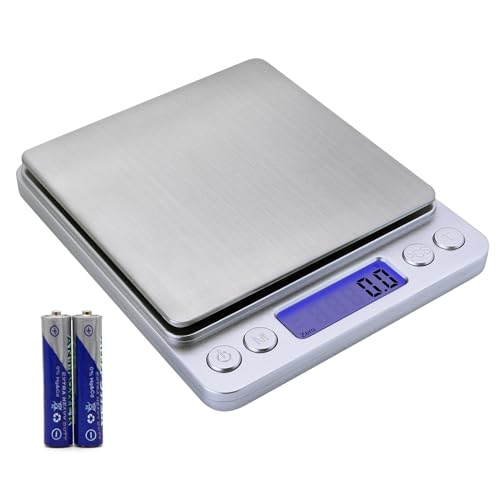Warning: edumacational book-learnin' ahead. Please don't be offended or think I am addressing any one of you in a negative way. I know there is a lot of misconceptions out there about what fair use is, so here's my attempt to help those who may not know so that they don't get caught unawares one day.
Did you know that if Etsy receives a C&D [cease and desist] they will close your entire etsy store, even if you're able to get them to establish you again, you have to start all over? Don't want to see my peeps here go through that if I can help it!
.....
If you buy the mold and use it to make soap for your own birthday party or brownies for your kids, you are absolutely falling under "fair use." However, the moment you sell it, or use it to represent your brand, it's no longer fair use.
The easiest way to explain it is by comparing it to music, as most people remember Napster and that whole fiasco from a few years ago. When you purchase a cd, you are purchasing a personal license to use that cd yourself. Listen to it in your car, on your computer, whatever, you're okay. You cannot take that cd and burn copies for your friends, because you only have a license for personal use for yourself only. You also cannot play that cd in your business, because you are now using it to drive business for yourself. (Using the paid radio such as Pandora or "muzak" type services is okay, because they obtain the license for you.)
The rule of thumb is if it contributes to your business in any way, whether through sales or your customer's peripheral awareness of your business (such as displaying it on your fair table to draw people in, even if you don't sell it), you're falling on the wrong side of the law. Interesting to note this includes charity events where there is no profit to yourself or your business.
Clear as mud? Let's use another example. Most of you have images of your soap on here. You probably wouldn't mind if someone saved that photo on their computer or a personal gallery for their own inspiration. But what if someone used your photo on their website in a product listing (let's assume their own product looks similar)? You'd probably be annoyed. That's your photo, and you don't want it used to promote someone else's business. Licensed characters are viewed the same way by their license owners/holders. They hold a trademark on it because they thought they had a great idea, and now for others to use it, they must pay a license fee to do so. (Hence why they're called "licensed"; the company producing the item has paid for the right to sell and use it for their business.)
Are there companies overseas that make "Hola Kitty" molds instead? Yes. There are people that flout the rules every day in every way who may never get caught, but as a professional I have to maintain my integrity even if I know I could "get away with it." Otherwise, I am saying that I don't care about the rights of creators or that I am somehow exempt. Whether it is a big company or someone small, I have to respect the rights of others to own their creations, and hope others do the same for me. If they don't, well, there's always a friendly cease and desist.











































